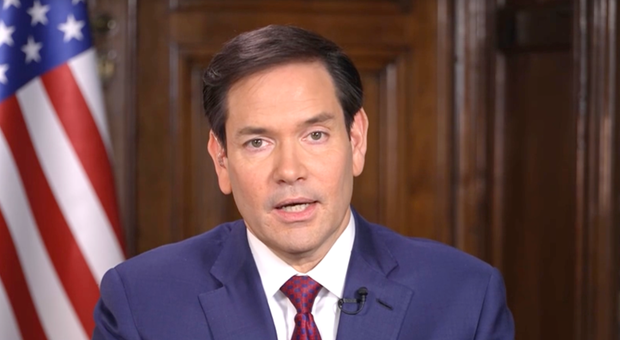Marco Rubio Challenges Intelligence Community Over Tren de Aragua Claims

Marco Rubio remains at the center of a heated debate regarding the connections between Venezuela’s government and the notorious Tren de Aragua gang. His statements on the matter have sparked renewed discussions around U.S. national security, immigration, and the credibility of intelligence assessments. This article delves into Rubio’s position, the controversy over recent intelligence findings, and the broader implications for U.S. policy.
Marco Rubio’s Stand on Tren de Aragua
Marco Rubio, the current Secretary of State, openly disputed the U.S. intelligence community’s position about Tren de Aragua, a violent Venezuelan gang. During a recent interview, Rubio firmly stated that the intelligence community is “wrong” in its assessment that Tren de Aragua acts independently of Nicolás Maduro’s regime. According to Rubio, the group has grown with the support or tacit approval of Venezuela’s government, raising concerns about its reach and influence across borders.
He referred to an FBI assessment aligning with his viewpoint, pointing out that not only does Tren de Aragua operate internationally, but its actions—including alleged political assassinations—may serve the interests of the Venezuelan regime. For further details on this public disagreement, see the CBS News coverage of Rubio’s statements.
Intelligence Report Contradicts Rubio
At the heart of the controversy are newly released documents revealing the intelligence community's stance. A declassified memo, disclosed under the Freedom of Information Act by the Freedom of the Press Foundation, challenges Rubio’s assertions. The report concludes that, while Venezuela provides a permissive environment for Tren de Aragua, there is no strong evidence that the regime directly controls or coordinates with the gang. Instead, the findings indicate an absence of official cooperation, directly contradicting the narrative supported by Rubio and some members of the Trump administration.
This development has prompted legal and political battles, especially concerning the application of the Alien Enemies Act to deport suspected gang members. To read more about this FOIA-disclosed intelligence assessment and its impact on immigration policy, visit the American Immigration Council’s detailed analysis.
Impacts on U.S. Policy and Migrants
The invocation of the Alien Enemies Act has led to rapid deportations of Venezuelan migrants labeled as suspected Tren de Aragua members. According to reports, many individuals were removed from the U.S. without due process, which triggered a wave of legal challenges. The Supreme Court has since intervened to temporarily halt certain removals, pending further review.
Critics argue that the policy, justified in part by claims advanced by Marco Rubio and others, may overreach and violate fundamental rights. Furthermore, the lack of solid evidence linking every deportee to Tren de Aragua underscores the importance of thorough vetting and adherence to legal standards.
Ongoing Debate and Broader Implications
The public disagreement between Marco Rubio and the intelligence community highlights a broader struggle over truth, security, and policy direction. Rubio continues to voice concerns about foreign-backed transnational crime, while intelligence professionals caution against assumptions not supported by their findings.
For readers seeking more information on the legal, social, and political ramifications of these developments, additional perspectives are available in resources like CBS News’s full transcript and related articles.
Conclusion
Marco Rubio’s criticism of U.S. intelligence agencies has injected new urgency into conversations about migration, national security, and the role of foreign actors within U.S. borders. As legal challenges continue and more information emerges, it remains crucial for policymakers and the public to carefully weigh all available evidence. Stay informed by following reliable sources, and remain engaged in the ongoing debate surrounding this pressing issue.